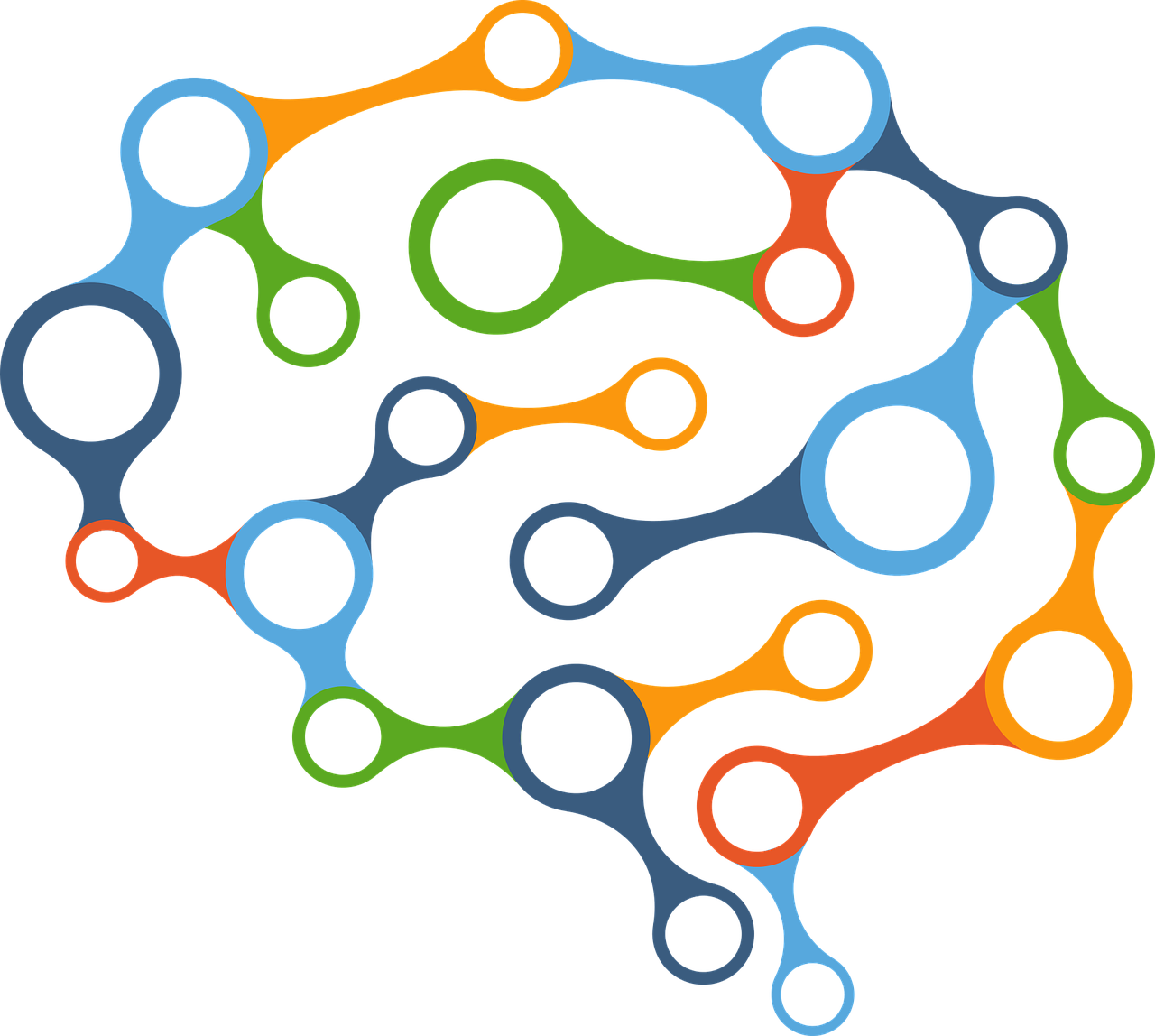Neuroscience is an interdisciplinary field that studies the nervous system. It looks at thought, emotion, and behavior using highly sophisticated technology such as brain-scanning devices that monitor the brain in real time, along with computer models and other techniques that measure chemical changes.
The Brain
The brain is made up of about 100 billion neurons that transmit chemical and electrical signals and form networks. Signals are sent out when the neuron reacts to a stimulus by sending an electrical signal from one end of the cell to the other where it fires a chemical across a tiny gap, known as a synapse, to another neuron. The synapses are where much of the action takes place in your brain. These chemicals, which carry messages, are called neurotransmitters and cross the synapse from one neuron to another.
While cognitive science helps us understand much about the structure of knowledge and how to package it for easier learning, neuroscience helps us understand environmental, social, and physiological issues affecting learning.
Neurons connect to thousands of other neurons using trillions of synaptic connections. Common neurotransmitters include dopamine, which affects motor movement, mood, and behavior; serotonin, which affects emotion and sleep; acetylcholine, which plays a role in attention and arousal; and glutamate, which is involved in learning.
The long-term memory in neuroscience is an intellectual construct because not one place has been identified in the brain where memories are held. They are scattered throughout different regions; retention is achieved by drawing them all together. Interestingly, this involves ongoing reconstruction of memories, which is why we often remember the same experience differently at different times.
The technologies used to study the brain enable neuroscientists to learn how the brain reacts in real time to different stimuli and in different environments. While cognitive science helps us understand much about the structure of knowledge and how to package it for easier learning, neuroscience helps us understand environmental, social, and physiological issues affecting learning.
Creating Effective Learning Experiences
Combining what we know from these fields, as well as drawing on principles of learning that the profession has held as important for decades, gives us unique insight into how we can create effective learning experiences. Here are some important things that have been learned.
Learning environments should be low stress, enjoyable, and stimulating. Stress and anxiety are two emotions that inhibit learning by sending the amygdala into overdrive. The amygdala is where emotional learning takes place, especially learning related to fear and threat response. When learners experience stress they go into a hyper-stimulated state known as the affective filter, which inhibits information passing through the amygdala to the information processing parts of the brain. We need to reduce stress, anxiety, and even threat within the classroom and create an environment where learning is enjoyable and exciting. Exciting and enjoyable learning will cause a dopamine release that stimulates memory building.
Memory is enhanced by repetition and emotion. When a memory is formed, it is consolidated through a process called long-term potentiation, which allows synaptic connections to strengthen by having them fire together often. Long-term memory forms when neurons fire so often they permanently become sensitized to each other. Repetition is key to this, as is positive emotional experiences that the brain instinctively remembers. New knowledge or experiences can refine mental models by leading the brain to rewire itself by either making new synaptic connections or changing existing ones. This process of rewiring is called synaptic plasticity.
Physiology affects learning. The brain is an organ and is affected by diet, sleep, and exercise. Some studies show that eating complex, as opposed to simple, carbohydrates improves learning and memory function. (Simple carbohydrates found in processed foods like white bread release sugars into the bloodstream, causing sudden spikes in blood sugar levels that can result in mood swings.) Complex carbs such as whole grain breads, pasta, brown rice, oatmeal, and potatoes release sugar more slowly, making it more stable, and causing less stress. Skipping breakfast has also been shown to lower the ability of the brain to focus and concentrate. Sleep is also an integral part of memory formation—memory consolidates when we sleep. While we think mostly of the evening rest, taking a nap during the day can have positive effects on cognitive function too.
REHEARSAL AND REPETITION
Rehearsal has been an important part of cognitive learning literature for many years and neuroscientists demonstrate the power of repetition in its process of strengthening synaptic connections and consolidating memory.
Build opportunities for rehearsal and repetition into your learning events. Ask participants to rehearse key concepts. If you're teaching conflict resolution, have them role play hypothetical situations to practice their skills. If you're teaching people how to repair a military radio, give learners a broken radio and have them fix it. If you're training staff on security procedures, give them a related scenario and have them deal with it.
The value of rehearsal is in having learners draw on the mental models they have created so far and then integrate knowledge from the real world dynamics of changing circumstances. Thinking on their feet creates excitement and raises their interest. When you have finished your rehearsal, spend time to debrief participants. Ask them questions that will help them consolidate their memory. Dig into aspects of the rehearsal that did not go well and ask them to explain how they might do it better. Involve the entire group so the experience is shared.
Reference: ASTD Infoline 2014





